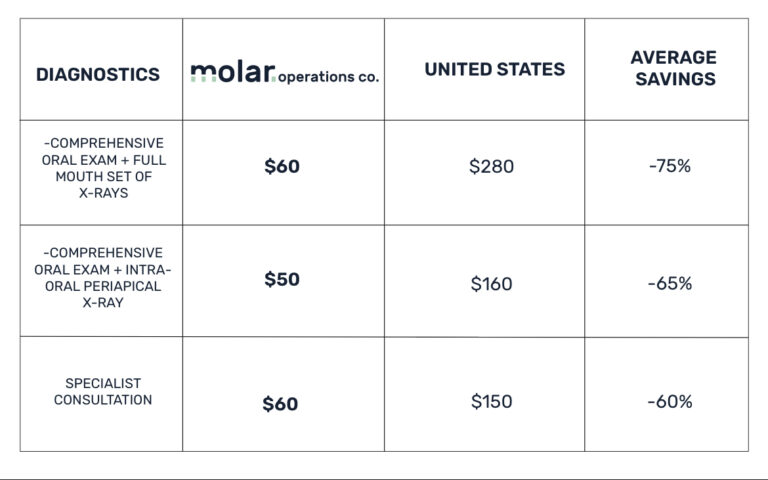dental consultation

Pregnancy and Oral Health: Inform your dentist if you are pregnant, as pregnancy can have implications for your oral health. Hormonal changes during pregnancy can lead to issues like gum inflammation and sensitivity, so your dentist can provide guidance on managing these concerns.
Early Detection and Treatment: As mentioned, early detection of dental problems is advantageous. It allows for simpler and less expensive treatments. Catching issues before they become painful or severe is a key benefit of regular dental evaluations.
Cavity Detection and Oral Hygiene: Your dentist will check for cavities during the comprehensive oral evaluation. Cavities, or caries, are holes in teeth caused by bacteria and can lead to tooth loss if untreated. Additionally, the evaluation includes an assessment of dental plaque and tartar buildup, which can contribute to tooth decay and other oral health issues.
Tartar-Related Diseases: Accumulated tartar on teeth can lead to various dental and periodontal diseases, including the decalcification of teeth and bone loss. This underscores the importance of addressing tartar buildup through professional cleanings and preventive care.
Dental Radiographic Examination: The use of dental radiographs is a critical part of the evaluation. It allows for a closer examination of cavities, bone health, and any other potential issues that may not be visible during a regular visual examination.
A comprehensive oral evaluation is a multi-faceted approach to maintaining excellent oral health. It involves a combination of assessments, X-rays, and specialist consultations as needed, all aimed at ensuring your smile remains healthy and beautiful. Regular check-ups, honest communication, and early detection are the cornerstones of a successful oral care routine.

